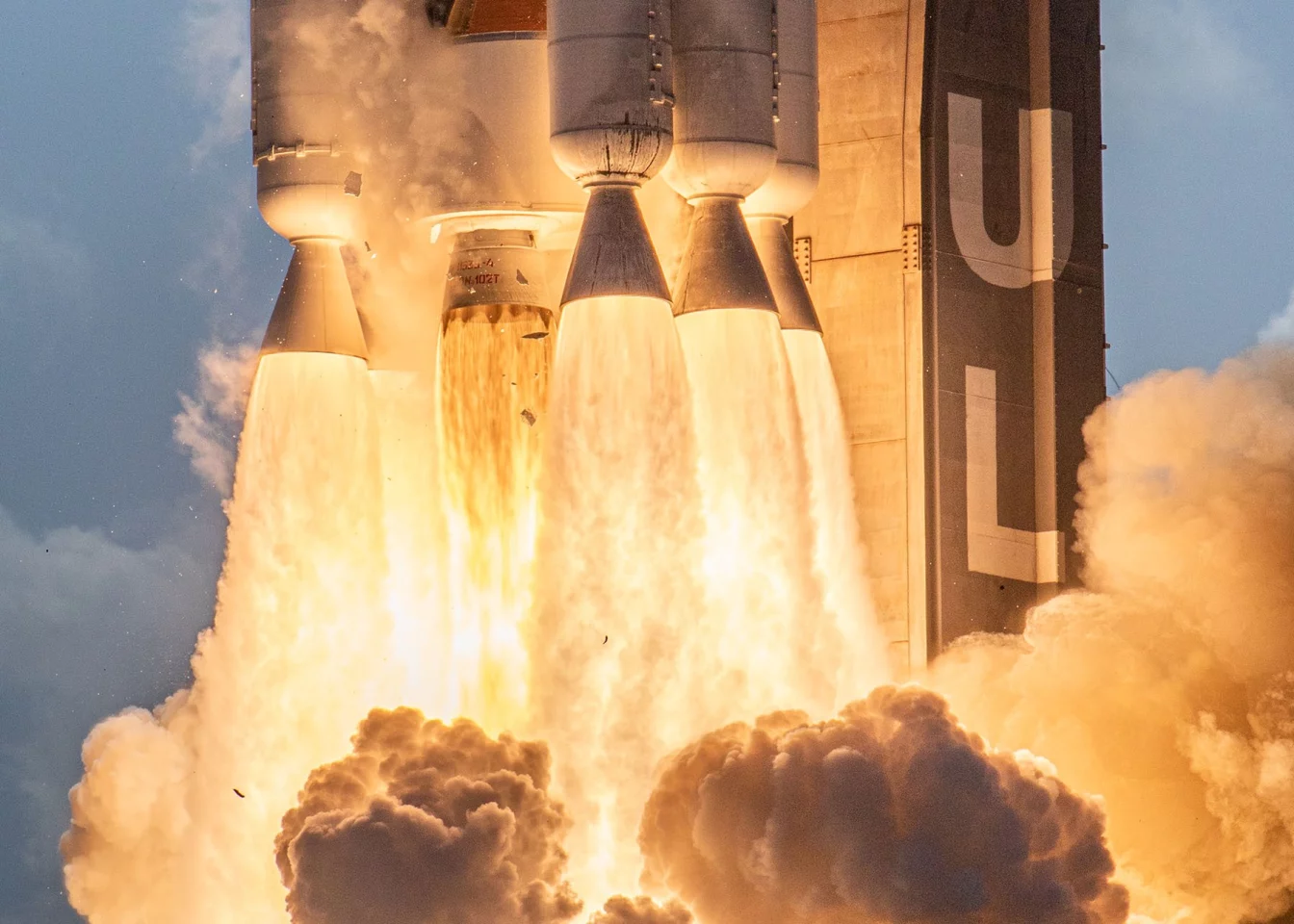The US Space Force has delivered its first national security payload into orbit, with a satellite successfully lifting off atop a United Launch Alliance rocket today. The spacecraft is the final piece of the puzzle in a network of protected communications satellites for US armed forces, with the launch running smoothly following a slight hiccup on the launchpad.
Built by Lockheed Martin, the Advanced Extremely High Frequency (AEHF) family of satellites is designed to provide constant, protected communications services for US warfighters on the ground, sea and air. The first five of these were launched between 2010 and 2019 using the United Launch Alliance’s Atlas V rocket, before the US Space Force was established last December.

Today marks the 83rd mission for the Atlas V rocket, though it didn’t go off entirely without a hitch. With the booster stationed on the launchpad, the initial countdown was called off for what was found to be a hydraulics issue relating to the an amplifier card on the pump controller.
After an engineering team resolved the hydraulics issue, things ran smoothly from there and the Atlas V rocket, adorned with a US Space Force seal, safely lifted off.
Congrats @ulalaunch on today’s successful launch of #AEHF6—our 1st USSF Nat’l Security Space Launch! Great teamwork by all partners @LockheedMartin @AerojetRdyne @AF_SMC @45thSpaceWing. On behalf of the @SpaceForceDoD & joint warfighters who depend on protected SATCOM…THANK YOU!
— Gen. Jay Raymond (@SpaceForceCSO) March 26, 2020
The US Space Force is a newly established branch of the country's armed forces, and was set up to give the US Department of Defense a competitive edge in space. Initially, this means maintaining and controlling the DOD's communications satellites, to provide personnel on the ground with reliable and continuous communications and to monitor for airborne threats such as ballistic missiles.
Source: United Launch Alliance (Twitter)





